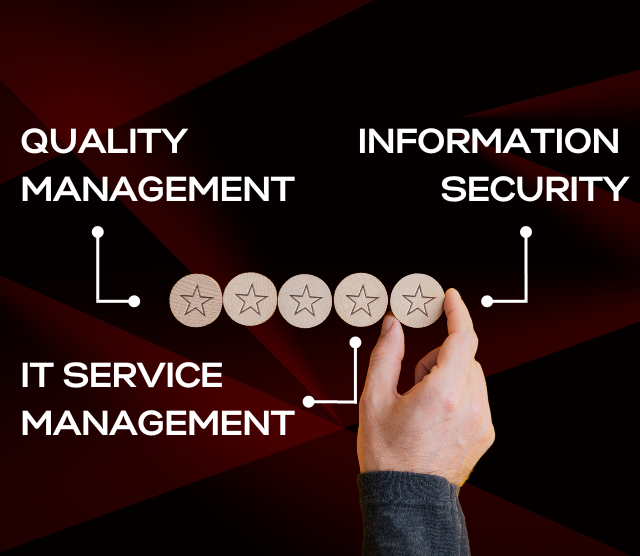Instead of Introduction
In today’s data-driven world, organizations must prioritize effective data governance to ensure data integrity, compliance and reliable decision-making. At IDS Consulting, we specialize in data management and data warehouse implementation and understand the crucial role of data governance in optimizing data management processes and decision making. In this article, we’ll explore the importance of data governance and provide insight into establishing sound policies and procedures to govern your organization’s data assets.
Understanding the concept of Data Governance
Data governance refers to the overall management of the availability, usability, integrity and security of data within an organization. It comprises a set of policies, procedures and controls that guide the proper handling, storage and use of data throughout its lifecycle. Effective data governance ensures data quality, consistency and reliability, ultimately enabling organizations to make informed decisions based on trusted data.
Importance of Data Governance
Data governance plays a vital role in organizations for several reasons:
- Data Integrity: Implementing data governance ensures that data is accurate, complete and consistent across systems and processes. Standards and rules are established to maintain data integrity and reliability.
- Compliance and Risk Management: Data governance helps organizations comply with regulatory requirements, data privacy regulations and industry standards. By establishing policies and procedures, organizations can reduce the risks associated with data breaches, unauthorized access and non-compliance.
- Decision Making: Well-governed data provides a solid foundation for informed decision making. By ensuring data quality and accessibility, data governance enables stakeholders to make confident decisions based on reliable information.
- Collaboration and Accountability: Data governance promotes collaboration between various stakeholders, including data owners, data managers and business users. Assign roles and responsibilities, develop a culture of accountability, and ensure clear ownership of data assets.
Establishing Policies and Procedures for Data Governance
To implement effective data governance, follow these steps:
- Defining the Data Governance Framework: Develop a clear framework that defines the goals, purpose and scope of your data governance program. Identify stakeholders, establish roles and define responsibilities for data management.
- Data Policies and Standards: Define and document data policies and standards that govern the use, quality, security, confidentiality, retention and sharing of data. These policies ensure consistent data handling practices across the organization.
- Data Stewardship and Ownership: Assign data stewards responsible for data management and governance. These administrators oversee data quality, resolve data issues, and ensure compliance with data policies.
- Data Quality Management: Establish processes to assess, monitor and improve data quality. Implement data quality checks, data profiling and data cleansing techniques to maintain high quality data.
- Data Lifecycle Management: Define procedures for managing the data lifecycle, including data acquisition, storage, use, archiving and disposal. Implement data retention and classification policies to ensure proper data handling.
Data governance is essential for organizations that want to realize the full potential of their data assets. With solid policies and procedures in place, organizations can ensure data integrity, compliance and reliable decision-making. At IDS Consulting, our data management and data warehouse implementation expertise is particularly focused on data governance. Partnering with us enables you to establish an effective data governance framework tailored to your organization’s needs and unlock the true value of your data assets.



























